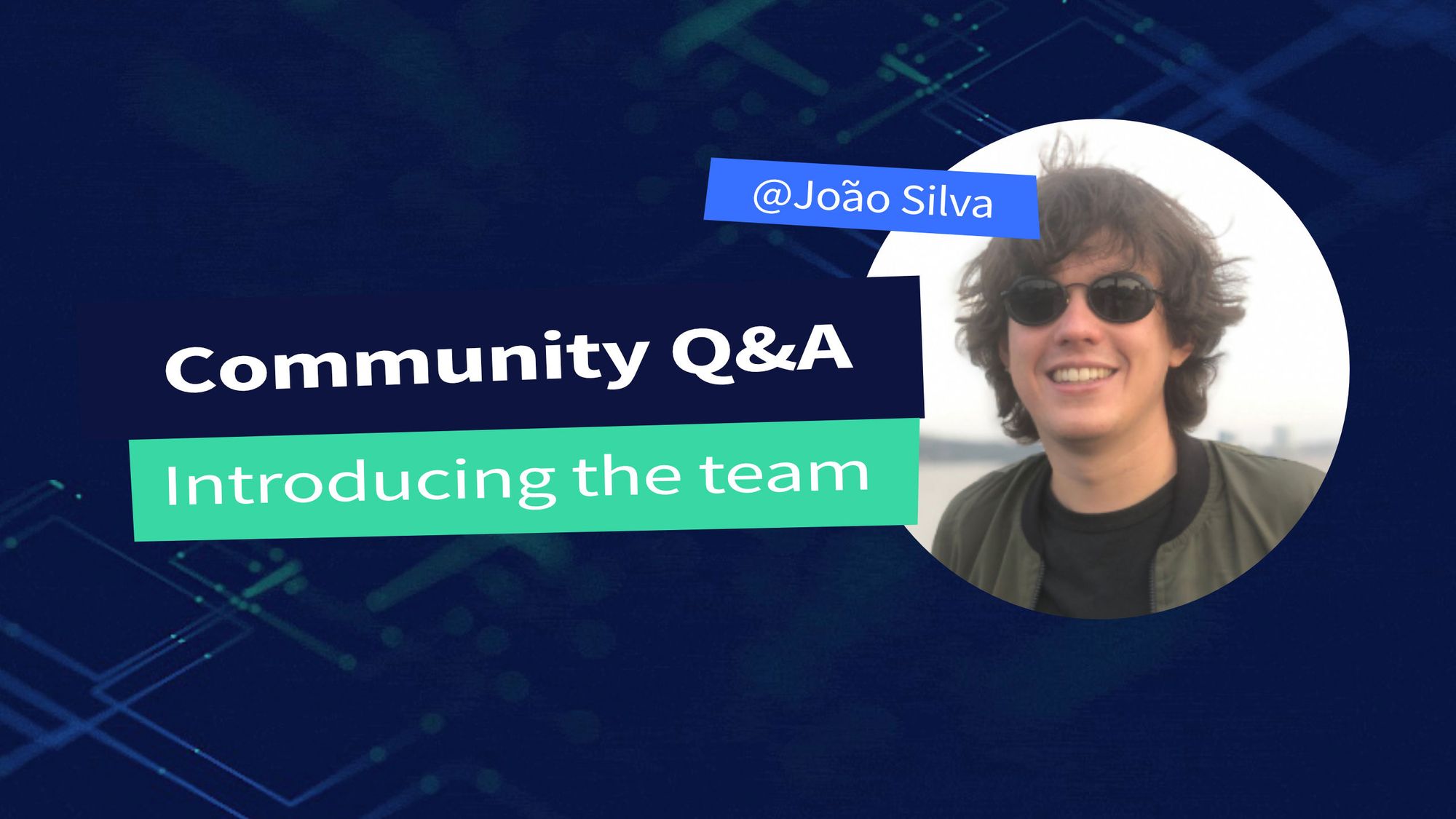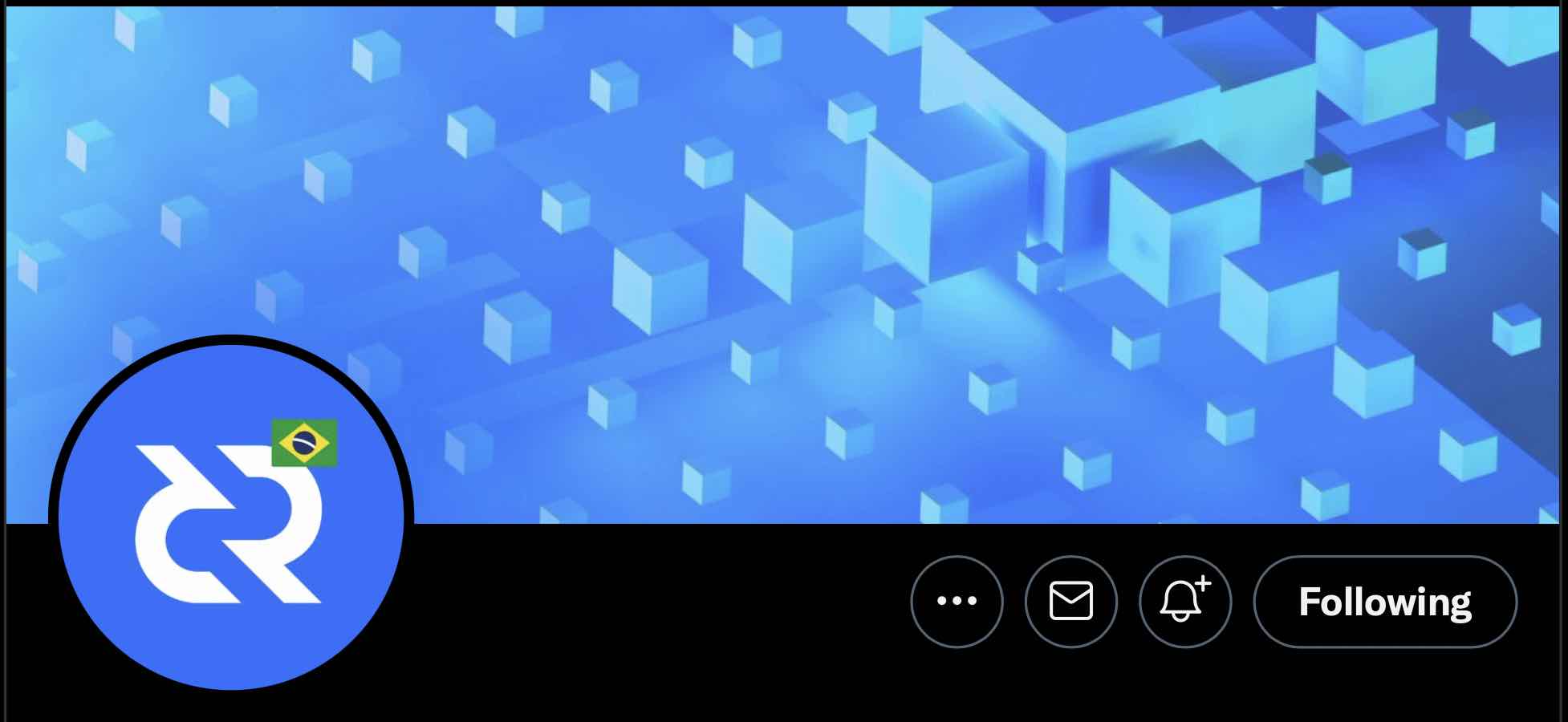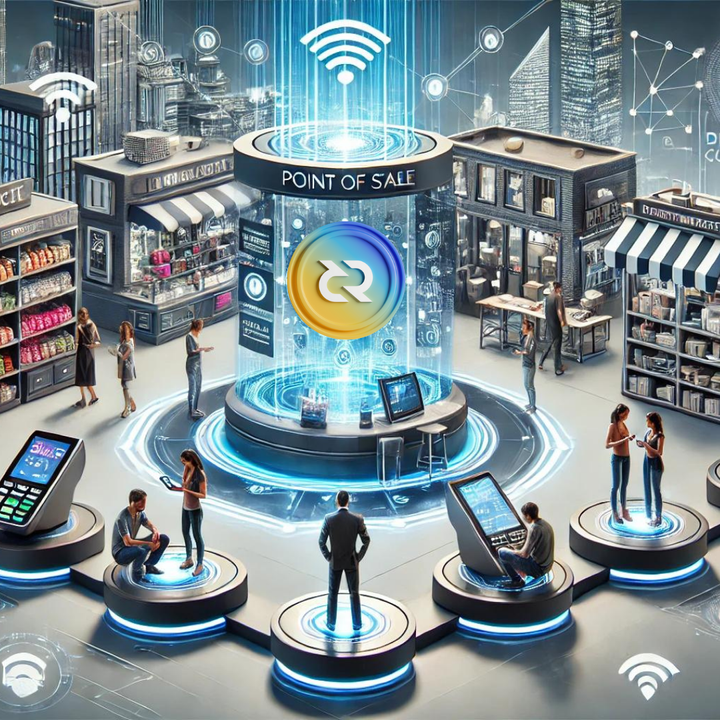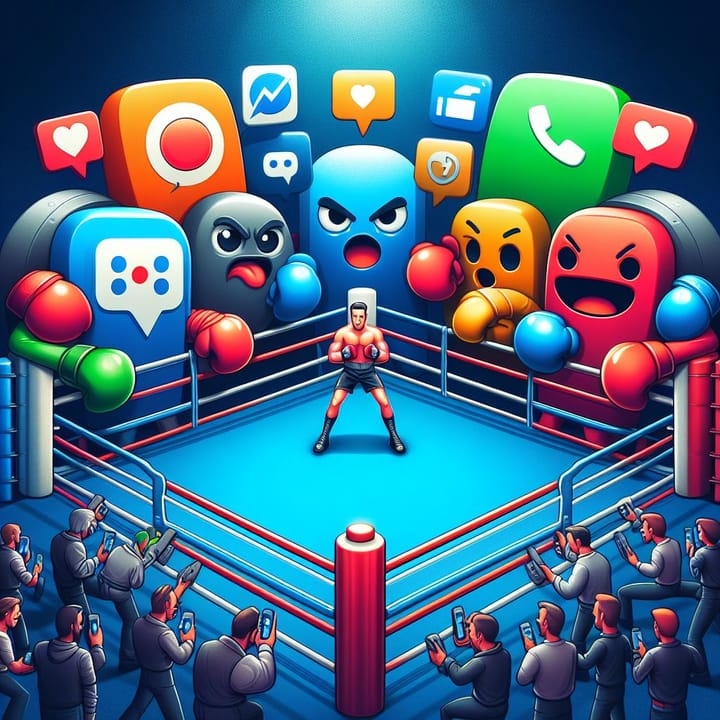Introducing Decred Community Member João Paulo Sant’Anna
Initially, I was curious about the work paradigm that the project adopts. I was surprised to hear how Decred funds the work of contributors from all around the world with no central command.


In decentralised open-source projects like Decred, community members play a big role in promoting the narrative and getting the word out to the masses. Community members are responsible for showing off the qualities of the project and demonstrating the values that might go unseen.
In past interviews, we’ve gained some considerable insights into some of Decred’s less known developers and their efforts. This time I would like to extend this and introduce some members from our wider community and look at how their work increases the awesomeness of the project. With a little hope, this might also encourage others to get more involved.
It gives me great pleasure to introduce João Paulo Sant’Anna a member of the Decred Brazil team who helps manage their social media channels and writes articles that highlight the benefits and drawbacks of cryptocurrencies in Brazil.
You can follow João’s work and progress at Decred Brazil Twitter page @DecredBR

Can you tell us a little about your background, Professional skills, Hobbies, and interests?
João: I graduated in communications with a focus on advertising. My skillset and interests look at the creation of content for brands and projects. I’ve worked with online stores and regular commerce, helping brands to express their philosophy and features. Along with this, I have a deep curiosity for history and politics, these are two subjects that entertain me for hours.
What was the catalyst for you becoming a cryptocurrency enthusiast and start learning more?
João: It began in 2017 when the market was really hyped up, and we had a long bull run. Since then, I kept an eye on the market, searching for opportunities. In Brazil people became genuinely interested in cryptocurrency, at that time, I had several groups of friends that were creating WhatsApp groups to discuss and learn more about crypto. The Brazilian market is much bigger now, and still has many opportunities.
How did you find Decred and what year did you dive into the project?
João: I found out about Decred in 2018, when my friend Victor Guedes started contributing. I found the idea behind privacy and decentralisation very interesting, and in November 2021, I started speaking with Victor about ways to contribute with the project’s marketing and communication.
Initially, I was curious about the work paradigm that the project adopts. I was surprised to hear how Decred funds the work of contributors from all around the world with no central command. Some time later, Politeia caught my eyes, I really liked the transparency and functioning of the platform. Today, I believe that its model can be used to improve the participation inside companies and also democracies.
How did you initially start contributing to the project, and how has this evolved?
João: I began contributing in December 2021. My goal was to reactivate Decred Brazil’s Instagram and Twitter accounts, and with a lot of help from Victor, I learned as much as possible about the project to start creating content. In June, we published a proposal to finance the Brazilian market. Unfortunately, it was not approved, but I still think that the creation of content for the Brazil community is an essential way to help the project grow in the region.
Phoenix: I’ve always liked the idea of turn up and do! It’s pretty much how I got started with Decred. To learn more, about the project, I started creating content to validate my thought process. I also appreciate that even though your proposal didn’t pass, you are still actively contributing. For many, a proposal knock back can be a little overwhelming. On a side note, how would you more specifically describe the work you do for Decred, and how does it help the project grow?
João: Essentially, my work was to translate Decred features and philosophy to a more accessible language, so that, we’re able to describe Decred to our broader audience. Subsequently, I started creating short videos, art, and memes to create a flow of content which the community could spread, interact and discuss project topics. It was really satisfying to see people talking and learning from each other after being provoked by a post.
Below is some of the work that I’ve created, more can be found on our Twitter channel.
Example 1 - First, this is an animation that I made highlighting the main Decred features:
Uma moeda digital autônoma
— Decred Brasil (@Decred_BR) April 5, 2022
Segura 🔐
Adaptável 🧠
& sustentável ⚖️
Conheça #Decred!!#criptomoedas $DCR pic.twitter.com/3Jnx3HKGoX
Example 2 - Quote art on Decred leaders to demonstrate their vision on Decred:
Um projeto que visa construir a criptomoeda $DCR através de um modelo inovador de governança 🤝
— Decred Brasil (@Decred_BR) April 4, 2022
Conheça #Decred! pic.twitter.com/DVmR8pXPEV
Example 3 - Twitter threads were also a very useful tool, which I used to explain Decred differentials with fast and simple language:
🚨🚨 Está saindo agora mais uma Thread Decred 🚨🚨
— Decred Brasil (@Decred_BR) May 20, 2022
Por que a #Decred é segura, adaptável e sustentável? 🤔
Deixa o Like e RT pra fortalecer!
Segue o fio 🧵
If applicable, is there anything the community can do to aid you in your work?
João: Every Decred content is an opportunity to spread the word, so the best aid that the community can do is keep talking about Decred and create their own content. Some people like to analyse the market and others debate over the philosophy of the project, you can bet that all of those interactions are important to create cohesion and reinforce the sense of community.
What would you like to see Decred work on next, and how might you be able to help with this?
João: In the marketing area, I would really like to see Decred adapt its marketing to more and new formats of social media. At first, it can be difficult to imagine Decred being active in social networks like TikTok, but the potential of publicity and engagement in those platforms cannot be ignored.
Phoenix: Marketing is always a contentious area for Decred. It would be great, at some point in the future, to see some examples of the TikTok media you think would be beneficial. It’s an area that goes completely over my head, but I know @Exitusdcr has tried this on several occasions with varying success.
What other projects are you interested in, and how do they differ from Decred?
João: First, I was genuinely interested in Solana (SOL) for its transactions facilities and smart contracts. Lately, I’ve been disappointed with this project due to its problems with security and hacks, many wallets were emptied by an attacker some weeks ago and this demonstrated some serious issues on their blockchain.
I’m also interested in Z-cash because it has low transaction fees and some interesting security features like the zero-knowledge cryptography, which allows information to be confirmed without revealing its content.
Phoenix: I think it’s fascinating to see which other projects people are into and to gain some insights into why. Solana is a project that I’ve avoided like the plague, but I can understand why it might appeal to people seeking an alternative to Ethereum. I'm also currently researching ZCash, and looking to do a comparison with Decred in the coming weeks.
In your opinion, what are the three things every cryptocurrency should include?
João: Sustainability, Privacy and Resilience
A cryptocurrency needs to be sustainable, so the project can have a path and structure to continue the work. A crypto with no sustainability is very likely a scam with no long-term future. Decred directs 10% of its block reward to its treasury, so the future can be planned and new ideas financed. This is a very fair way to give autonomy to the community and improve the project. The sustainability perk is connected directly to the resilience, which is important, so the crypto can adapt itself to new market conditions. With Politeia, Decred shows a lot of resilience, the community can propose new features and changes to the consensus. The project can overcome barriers, this was possible to visualize with the change of block reward, so "TS" problem could be reduced.
Finally, privacy is critical, so the users of crypto can complete transactions without exposing their identity or details of a transaction. Decred has the great CoinShuffle++ feature, which has great privacy capabilities. Furthermore, DCRDEX users can trade with no worries of being exposed to centralised exchanges, showing that the project views privacy as a fundamental right!
Finally, is there anything else you would like to add that could give the community a better understanding of your work or your ethos?
João: A community needs to interact and always be open for new members and ideas. A constant flow of opinion and debate is one of the keys for progress.





Comments ()